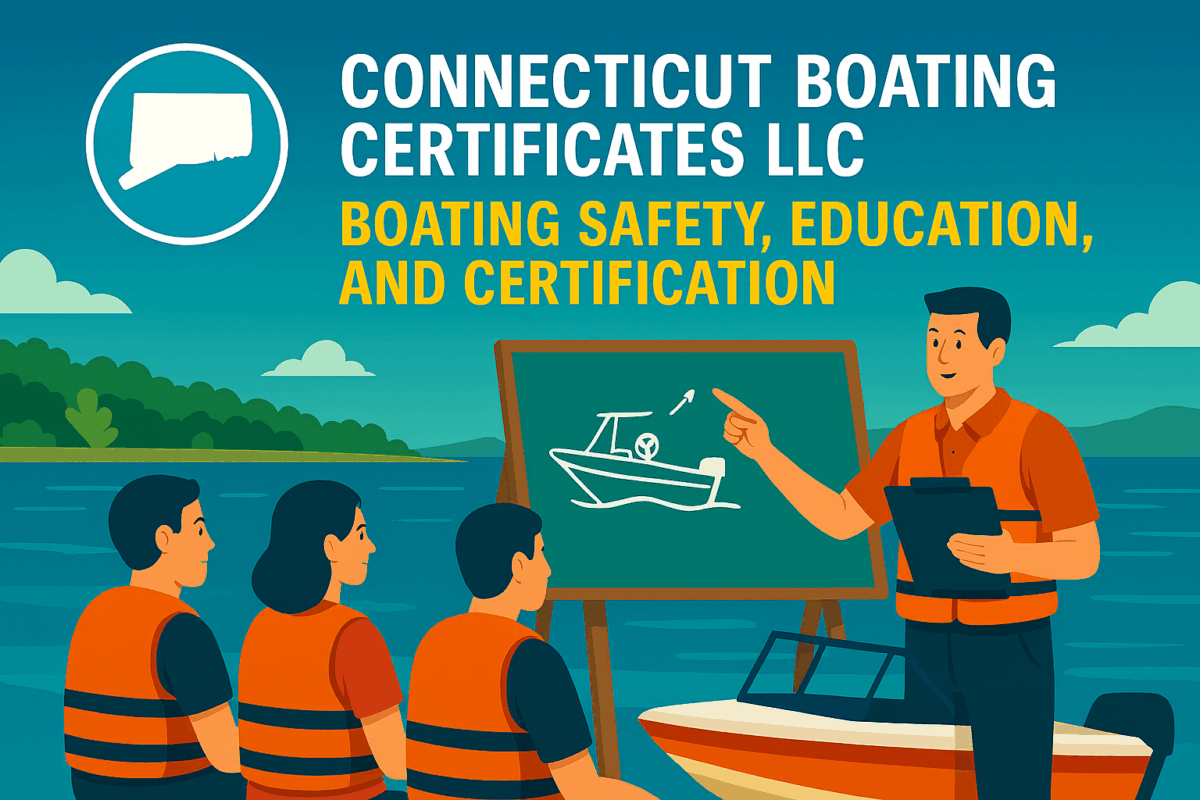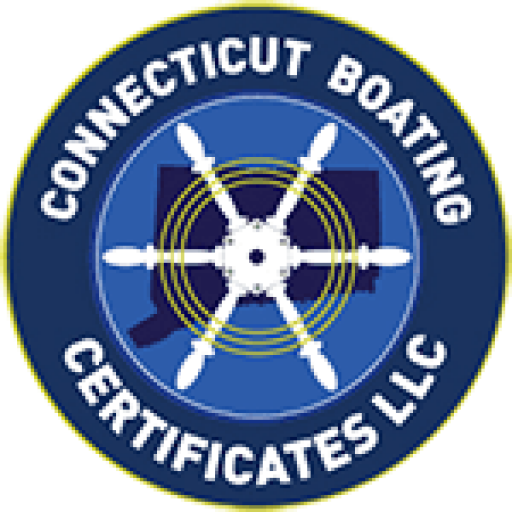Call: 1-800-832-7191

Boats MPG at Peak HP
Understanding Boats MPG at Peak HP
Boaters often ask how fuel efficiency changes with engine performance. Boats MPG at Peak HP helps answer that question clearly. While horsepower boosts speed, it also affects fuel consumption. Therefore, understanding miles per gallon at peak horsepower is essential for budgeting and trip planning. This metric varies by hull design, engine type, and load.
Because fuel costs continue to rise, boaters must evaluate performance and efficiency together. Fortunately, manufacturers and marine experts provide data that helps owners make informed decisions.
Factors That Influence Fuel Efficiency
Several variables impact fuel efficiency on the water. Engine size, hull shape, and weight distribution all play critical roles. For example, deep-V hulls handle waves better but often consume more fuel at higher speeds. Meanwhile, flat-bottom boats may offer better MPG at lower horsepower settings.
Additionally, weather and water conditions affect resistance and drag. Even minor changes in wind or current can reduce efficiency. Therefore, boaters should monitor conditions and adjust speed accordingly to conserve fuel.
Measuring Boats MPG at Peak HP
To calculate Boats MPG at Peak HP, divide speed by fuel consumption at maximum rated horsepower. Manufacturers often publish this data in performance bulletins. However, real-world results may differ due to load, altitude, and maintenance. For more accurate readings, boaters can use onboard fuel flow meters and GPS tracking.
Moreover, testing under consistent conditions improves reliability. Always record speed, RPM, and gallons per hour during peak performance trials. Comparing these numbers across trips helps identify trends and optimize fuel use.
Improving Efficiency Without Sacrificing Power
Boaters can improve MPG without reducing horsepower. First, maintain engines regularly to ensure peak performance. Clean hulls and propellers also reduce drag and improve fuel economy. Next, balance weight distribution to minimize resistance. Even small adjustments can yield noticeable gains.
Furthermore, consider upgrading to modern engines with fuel injection and electronic controls. These systems optimize combustion and reduce waste. By understanding this, owners can enjoy speed and efficiency together.
